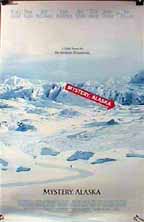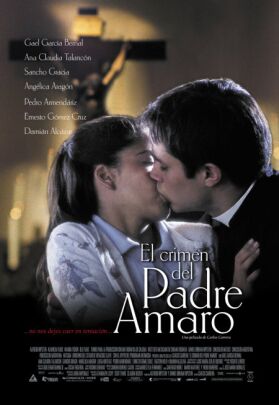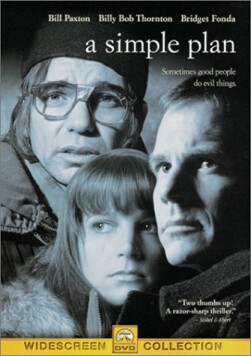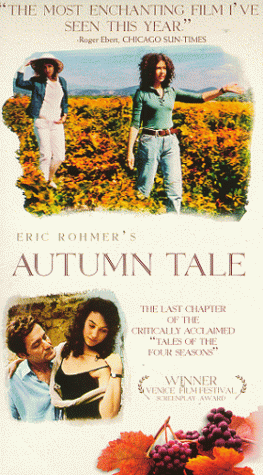Mystery, Alaska
Mystery, Alaska, directed by Jay Roach, aspires to be the Rocky
of hockey. A small-town hockey team from Alaska (surely they must mean Canada?)
takes on the mighty New York Rangers on the neighborhood ice and, against all
expectations, goes the distance with them. If you get a lump in your throat when
Rocky staggers away from Apollo Creed, battered but unbeaten, and cries out for
his Adrian, you should get at least half a lump from the equivalent moment here,
which may or may not record an upset victory but which undoubtedly confirms the
heart and the guts of the Mysterians, and their never-questioned status as the
very foundation on which the great game of hockey is built.
Not that the film does not have problems. The climactic hockey match is
rather stagey and allowed to go on for too long, which takes time away from the
development of some of the film’s off-ice drama. In particular, Burt Reynolds,
who plays a judge and former hockey star skeptical about the whole match-up
(“Two things we’ve always had in Mystery,” he says: “our dignity and our
illusions. I suggest we cling to both”) is underused. It is too easy to bring
him in as coach at the last minute, and his troubled relationship with his
family—a resentful wife, a hockey-playing son afraid he can’t live up to
dad’s expectations and a daughter going with the team’s youngest star, whom she
decides she needs to sleep with—is sketched in so lightly as to be all-but
incomprehensible.
We also see, I think, too little of those excellent actors, Colm Meaney and
Lolita Davidovich, who play the town’s mayor and his wife. Their marital
troubles, like the judge’s family, are introduced only to be forgotten in the
general hockey-mania, and the wife’s affair with the hockey team’s young
Lothario, Matt “Skank” Martin (Ron Eldard), is treated far too casually to have
any dramatic impact. “I play hockey and I fornicate because those are the two
most fun things you can do in cold weather,” says Skank by way of apology to the
mayor for cuckolding him. The mayor’s failure to react suggests that Skank’s
moral imbecility is also that of the filmmakers.
Nor are these the only half-realized, soap-operaish elements. A young man
(Hank Azaria) who went away from Mystery to become a sportswriter in the
lower-48 is the one who brings the Rangers; but he is still resented for
leaving, and his return stirs up the small-town’s politics and introduces more
sexual intrigue. A beloved figure suffers an untimely but inspirational death,
too, and all these things compete with the hockey for our moral involvement.
Finally, the over-the-hill team captain, played by Russell Crowe, who returns
from forced retirement to lead the boys on the ice for one last shot at glory is
just a little too much of a cliché, but the hockey part of the movie,
which is its major part, works—at least if you’re well-disposed to this
kind of schmaltz and have nothing better to do.
Discover more from James Bowman
Subscribe to get the latest posts to your email.





